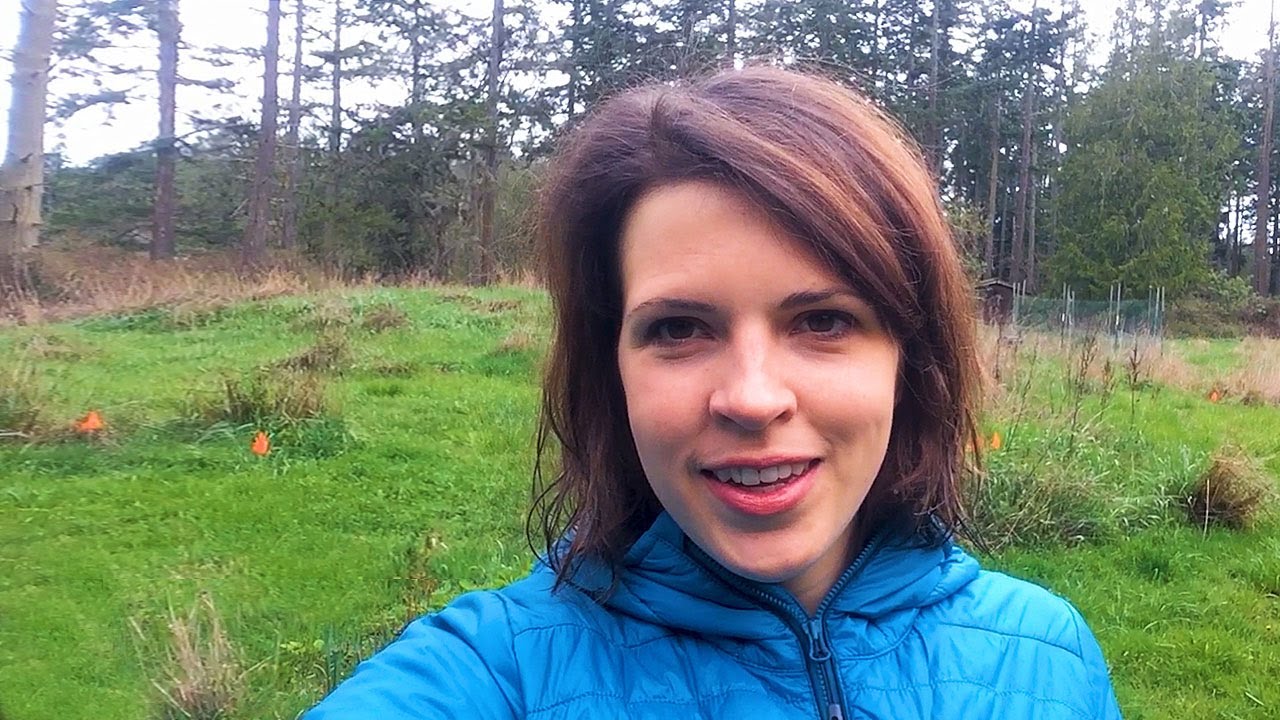Rethinking Rural’s mission is to provide a network for leaders to cultivate and exchange ideas about rural communities, which they believe are integral to the development of the economic, social, and environmental health of the planet.
Instead of facing these issues alone, Moore is working to create a network of leaders, especially other millennials like herself, in rural communities. The nationwide effort, Rethinking Rural, was created in 2017 to encourage rural leaders to promote growth and investment while remaining true to what makes rural communities special, unique, important, and resilient.
They believe small rural communities are integral to the development of the economic, social, and environmental health of our planet. They want to encourage a network of rural leaders, with a particular focus on millennials, that will push forth an agenda of growth and investment while remaining true to what makes rural communities special, unique, important and resilient.
“I think we as rural communities work within our silos,” Moore said. “If we could work together, we would be unique in solving problems.”
Getting started
About a year and a half ago, Moore met with Malloree Weinheimer, 30, and Denise Pranger, who live and work in Port Townsend, Washington, a city with about 9,500 residents about four hours northeast of Chinook.
Find out what happened next here.

